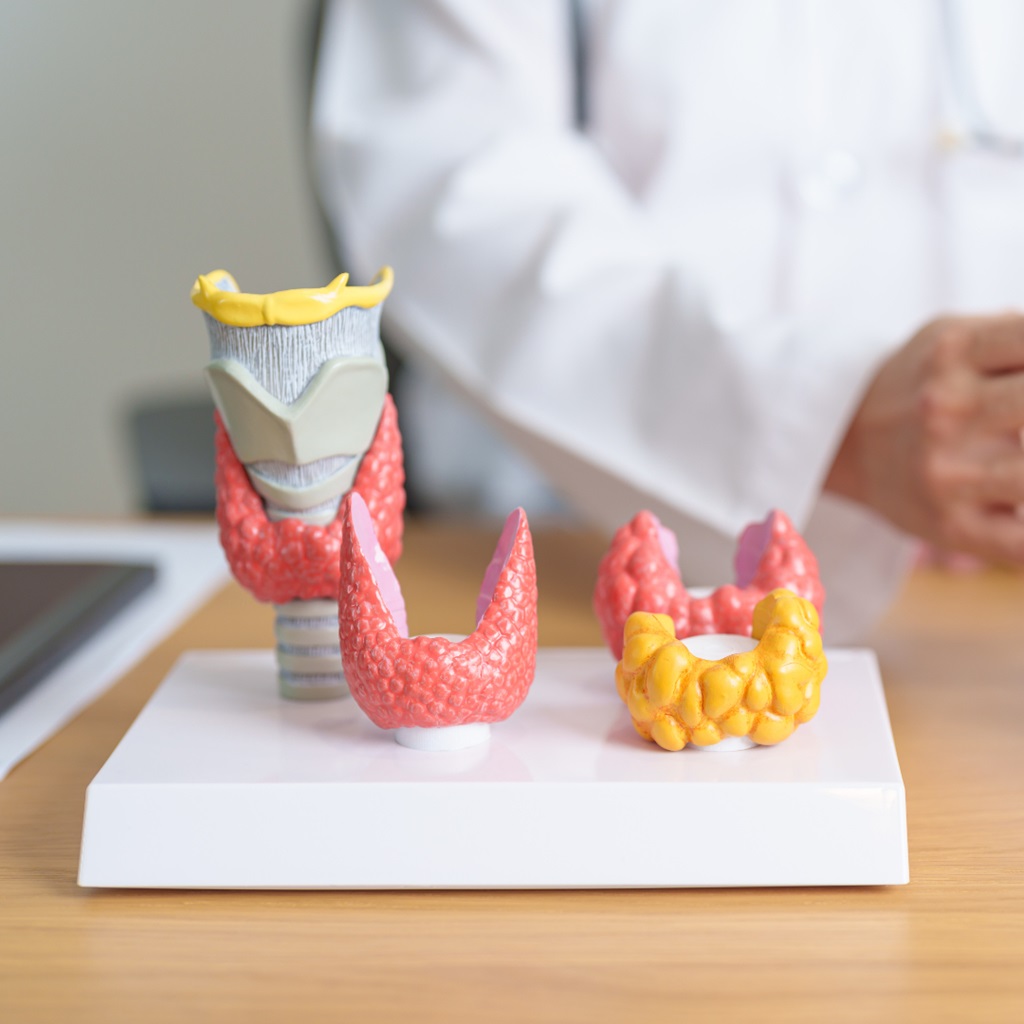
Symptoms of Graves’ disease can vary but commonly include:
In some cases, Graves’ disease can also cause eye problems, such as bulging eyes or eye irritation and dryness.
Diagnosis of Graves’ disease typically involves a physical exam, blood tests to measure thyroid hormone levels and the presence of antibodies, and imaging studies to evaluate the thyroid gland. Treatment of Graves’ disease aims to reduce the production of thyroid hormones and manage symptoms. This may include medications such as antithyroid drugs or beta blockers, which can slow the heart rate and reduce tremors. In some cases, radioactive iodine therapy or surgery to remove the thyroid gland may be necessary.
With appropriate treatment, most people with Graves’ disease can manage their symptoms and achieve normal thyroid hormone levels. However, ongoing monitoring and management are necessary to prevent recurrence and long-term complications.